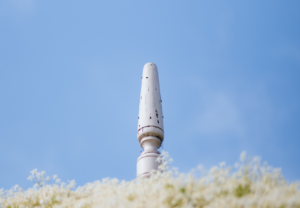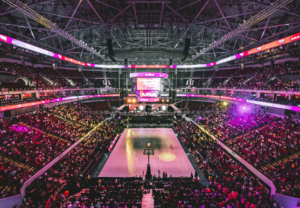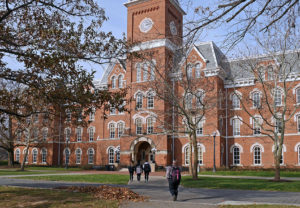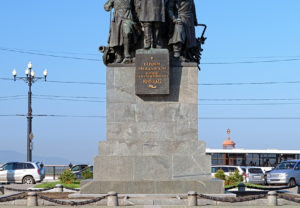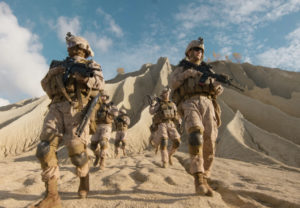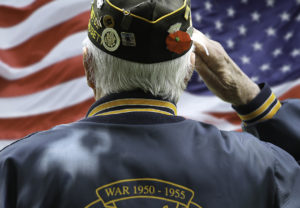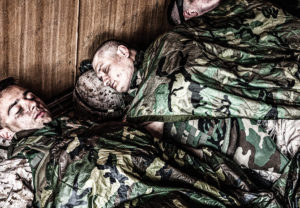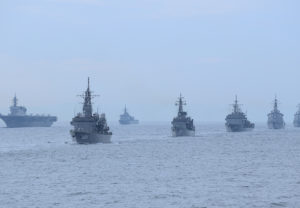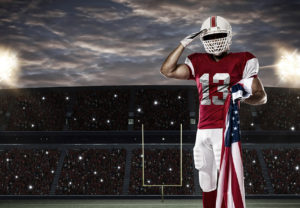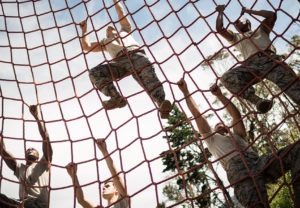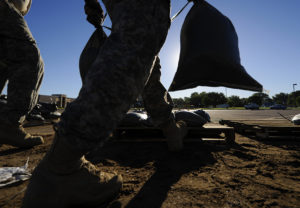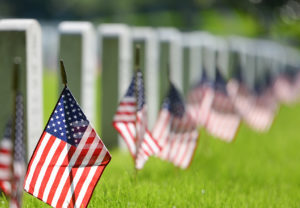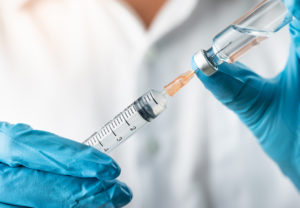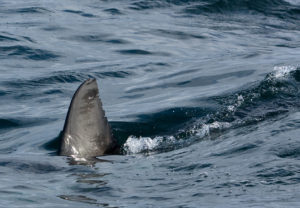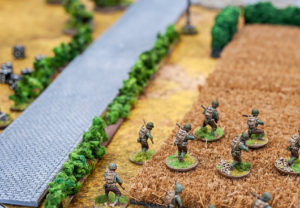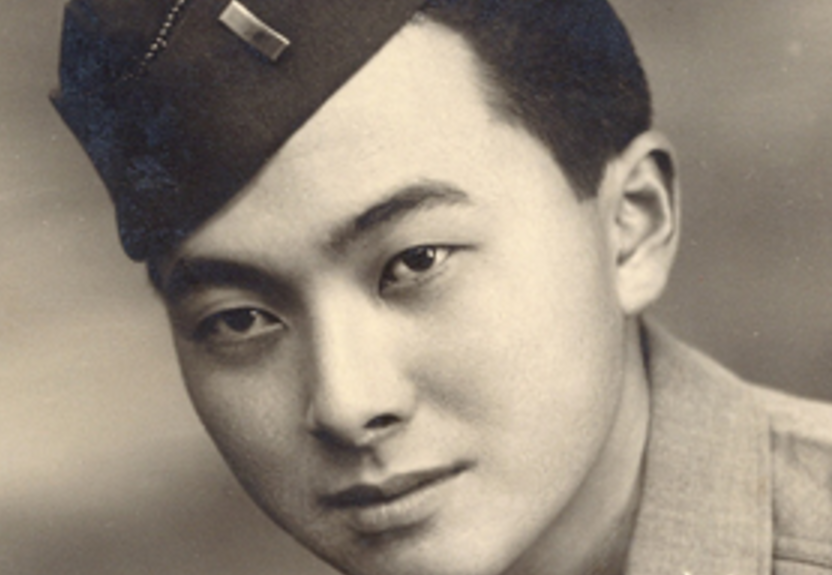“I wanted to put on the uniform to show where my heart stood, but we were denied so we petitioned the government and a year later they said okay, if you wish to volunteer go ahead.”
***
On December 17, 2012, Daniel Inouye passed away. He was 88 years old.
One of the most well-respected, accomplished senators in the history of the United States, Inouye served his home of Hawaii from the instant it became a state (in 1959) until his death. President Barack Obama and Vice President Joe Biden eulogized him at the National Cathedral. Democrats, Republicans, all parties held him in the highest regard. He was, more or less, a national treasure.
There was something noticeably different, however, about the Hawaiian senator at first glance during his days on the hill. Something glaring.
A crude observation, maybe, but it was there.
He was missing an arm.
According to those close to him, he would never bring it up, but the story of how he lost it is an American tale of valor and courage every single red, white and blue patriot should know, because it’s … well …
It happened on April 21, 1945, during World War II, and to be frank, there are simply no words for it.
It occurred shortly after he lost two silver dollars he had kept in his chest pocket for good luck — currency that had stopped a bullet from killing him during a battle in the Vosges Mountains in France, in 1944.
This from the works Giants in Their Time: Representative Americans from the Jazz Age to the Cold War, Leadership Lessons From the Late Sen. Daniel Inouye, and Rising sons, the Japanese American GIs who fought for the United States in World War II:
On April 21, 1945, Inouye was grievously wounded while leading an assault on a heavily defended ridge near San Terenzo in Tuscany, Italy, called the Colle Musatello. The ridge served as a strongpoint of the German fortifications known as the Gothic Line, the last and most unyielding line of German defensive works in Italy. As he led his platoon in a flanking maneuver, three German machine guns opened fire from covered positions 40 yards away, pinning his men to the ground. Inouye stood up to attack and was shot in the stomach. Ignoring his wound, he proceeded to attack and destroy the first machine gun nest with hand grenades and his Thompson submachine gun. When informed of the severity of his wound, he refused treatment and rallied his men for an attack on the second machine gun position, which he successfully destroyed before collapsing from blood loss.
As his squad distracted the third machine gunner, Inouye crawled toward the final bunker, coming within 10 yards. As he raised himself up and cocked his arm to throw his last grenade, a German soldier inside the bunker fired a rifle grenade, which struck his right elbow, nearly severing most of his arm and leaving his primed grenade reflexively “clenched in a fist that suddenly didn’t belong to me anymore”. Inouye’s horrified soldiers moved to his aid, but he shouted for them to keep back out of fear his severed fist would involuntarily relax and drop the grenade. While the German inside the bunker reloaded his rifle, Inouye pried the live grenade from his useless right hand and transferred it to his left. As the enemy soldier aimed his rifle at him, Inouye tossed the grenade into the bunker and destroyed it. He stumbled to his feet and continued forward, silencing the last German resistance with a one-handed burst from his Thompson before being wounded in the leg and tumbling unconscious to the bottom of the ridge. He awoke to see the worried men of his platoon hovering over him. His only comment before being carried away was to order them back to their positions, saying “Nobody called off the war!”
Inouye was honorably discharged from the United States Army, as a captain, in 1947.
On June 21, 2000, President Bill Clinton presented the former soldier with the Medal of Honor.


